How to Properly Clean and Maintain a Home Pool
A home pool can be an excellent amenity, providing countless hours of entertainment and relaxation, as well as the perfect place for social gatherings. However, having a home pool requires certain responsibility—from setting up and checking the water to regular cleaning. It's important to maintain your pool on time so that it remains safe, pleasant, and healthy. Initial pool cleaning may seem complicated, but there are simple steps that will help you keep it in perfect condition all season long.

1. Regular Pool Maintenance
Professional pool cleaning should be part of your regular maintenance routine. Experts from this site will help you keep your pool fresh and clean all season long. Specialists offer specialized services such as vacuuming, skimming, scrubbing, and brushing to remove debris from the pool walls and floor.
These services also include chemical treatment to ensure your pool is safe and healthy for everyone. With professional help, you just need to relax and enjoy many hours of fun in a clean pool.
2. Check the Filter at Least Once a Month
The pool filter plays a key role in maintaining clean water. Therefore, checking the filter at least once a month is crucial for keeping your pool healthy and clean. During this check, pay attention to signs of clogging or wear. Over time, debris such as leaves, dirt, and small objects can accumulate in the filter, reducing its efficiency.
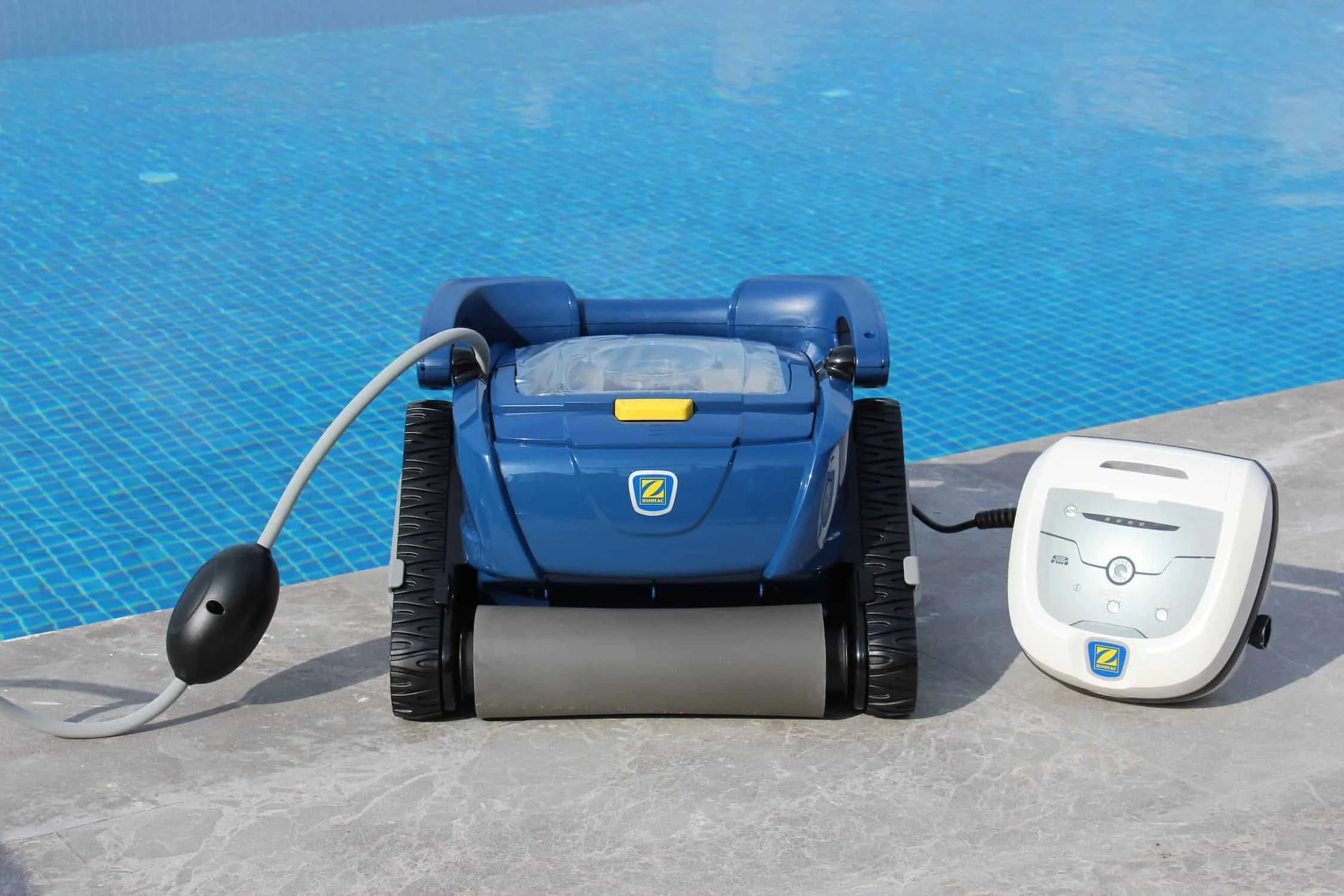
Regular checks help detect issues early on. This allows you to clean or replace the filter when needed. Remember that a properly functioning filter ensures clean water and extends the life of your pool, preventing damage to pumps and other components.
3. Weekly Water Testing
These tests help monitor pH, chlorine levels, and alkalinity of the water. The optimal pH level ranges from 7.2 to 7.6, chlorine should be between 1.0 and 3.0 parts per million, and alkalinity should fall within the range of 80 to 120 ppm. Use a reliable water testing kit to measure these parameters.
In case of deviations, you can use chemicals to adjust pH, alkalinity, and chlorine levels. You should also check calcium hardness, which helps prevent scale buildup and corrosion. Regular testing and timely chemical adjustments will help avoid problems such as algae growth and cloudy water, extending the lifespan of your pool equipment.
4. Cleaning from Surface to Floor
Pool cleaning should be done step by step. First, collect debris from the water surface and then clean the floor and walls. Start by removing floating debris like leaves, branches, and insects. Then use a brush or automatic cleaner to remove algae, dirt, and other contaminants from the pool walls and floor.
Then vacuum any sediment that may have settled at the bottom of the pool. Also, carefully inspect the filter for clogs or wear. It's very important to repeat this process as needed. This will ensure your pool is in optimal condition and allow everyone to enjoy a fresh and pleasant swim.
5. Using Algaecide Every Two Weeks
Algae can turn pool water green and create a slippery surface if not removed. This is unpleasant and potentially dangerous due to the slippery surfaces. For effective algaecide use, first thoroughly clean the pool by removing all debris and ensuring the water is as clear as possible.
Follow the instructions on the algaecide packaging to determine the correct dosage for your pool size. Pour the algaecide evenly throughout the pool. It's best to do this in the evening after swimming, so that the algaecide works continuously through the night. Using algaecide every two weeks will help keep your pool free of algae, providing a clean and safe swimming environment.
6. Storing Pool Care Products
It's important to store pool care products properly so they remain in good condition and ready for use when needed. Store all chemicals, cleaning supplies, and other materials out of children's reach. Also, it is recommended to store them in a cool, dry place away from direct sunlight.
This will help extend the life of these products and prevent unnecessary damage. Also, familiarize yourself with safety instructions and warnings that come with these products. This will help you handle them correctly. These steps will keep your pool clean and safe for everyone.
Follow these tips to ensure that your home pool is always clean and pleasant all season long. Pool cleaning may seem like a complicated task, but with professional help and practical advice you can maintain the cleanliness and health of your pool for the whole family. Regular maintenance and proper storage of chemicals will help you keep your pool perfect year-round. Proper cleaning and care of the pool will bring joy to your family for years.
Need a renovation specialist?
Find verified professionals for any repair or construction job. Post your request and get offers from local experts.
You may also like
More articles:
 How to Add Earth Tones to Your Home
How to Add Earth Tones to Your Home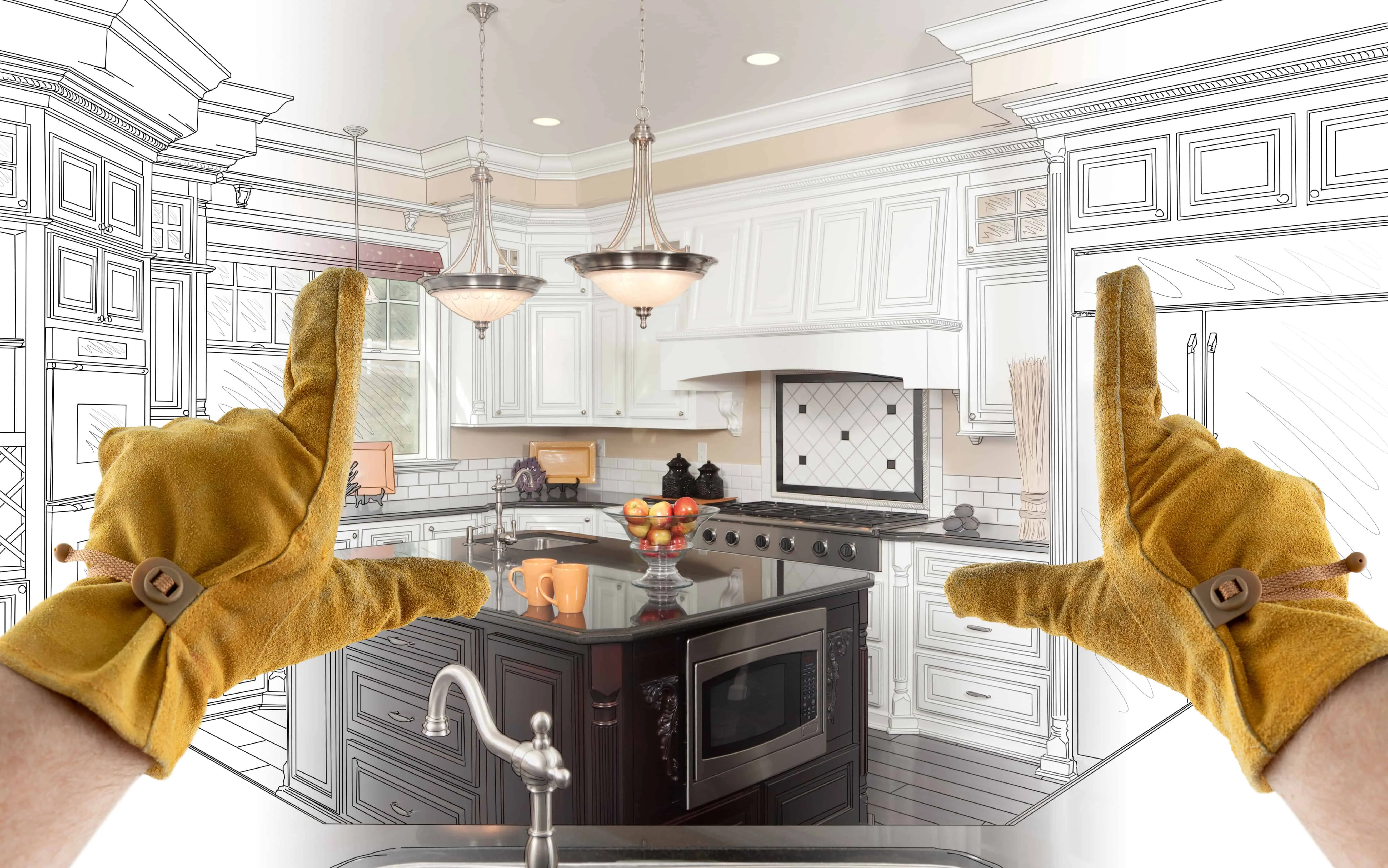 How to Add Color to Your Kitchen Renovation Plan
How to Add Color to Your Kitchen Renovation Plan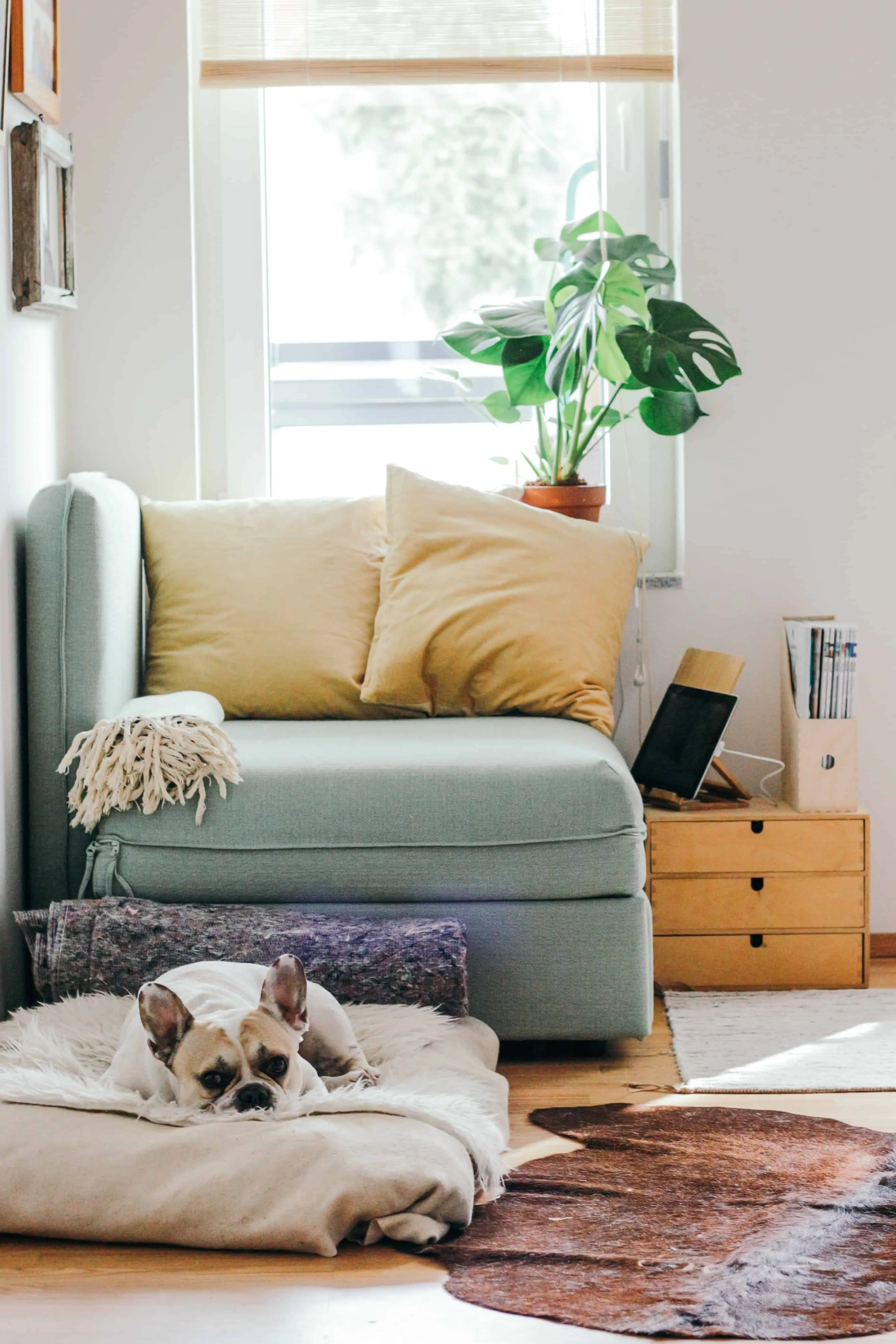 How to Combine Old and New Elements in Interior Design
How to Combine Old and New Elements in Interior Design How to Implement Sustainable Practices in Architectural Projects
How to Implement Sustainable Practices in Architectural Projects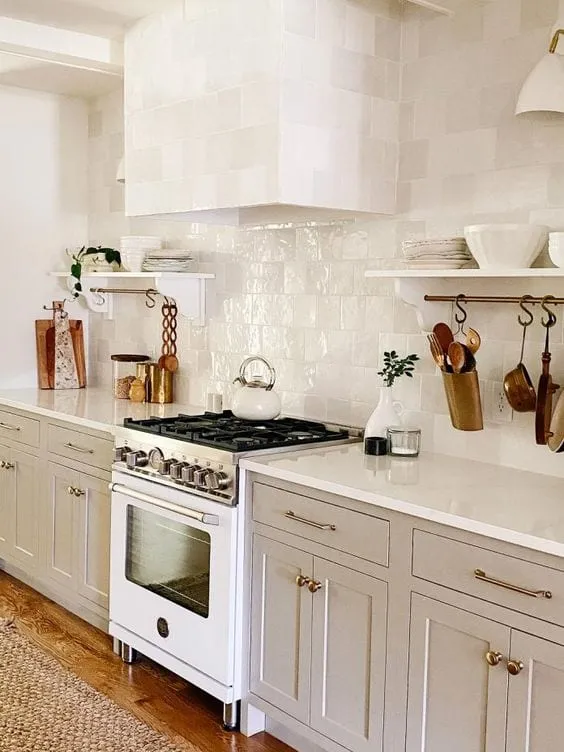 How to Add Warmth and Sophistication to Your Kitchen
How to Add Warmth and Sophistication to Your Kitchen How to Integrate a Small Apartment into Pristine Nature
How to Integrate a Small Apartment into Pristine Nature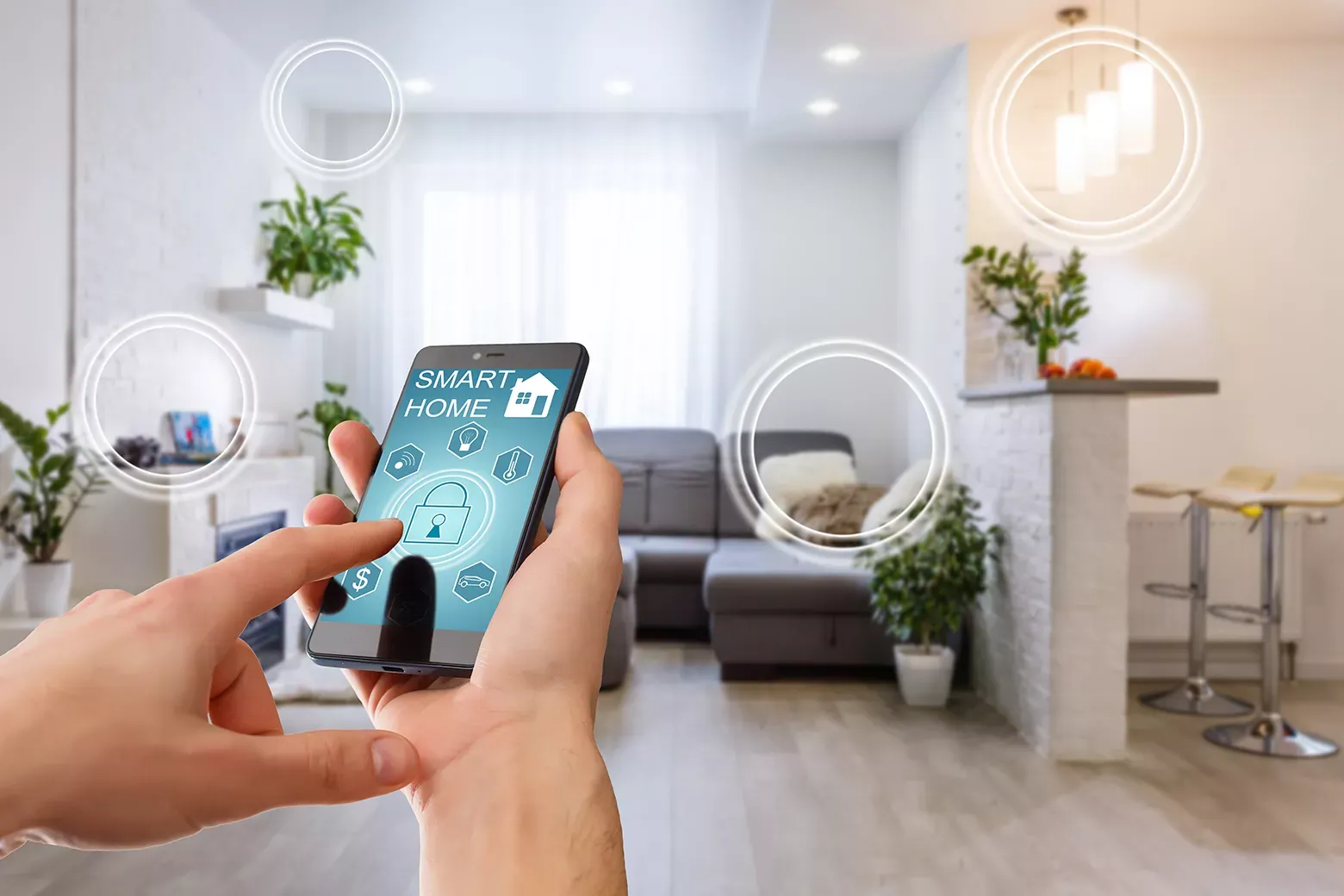 How to Protect Your Smart Home from Cyber Threats
How to Protect Your Smart Home from Cyber Threats How to Keep Your Property Safe and Clean in Winter?
How to Keep Your Property Safe and Clean in Winter?